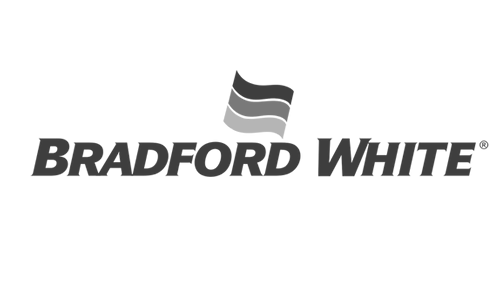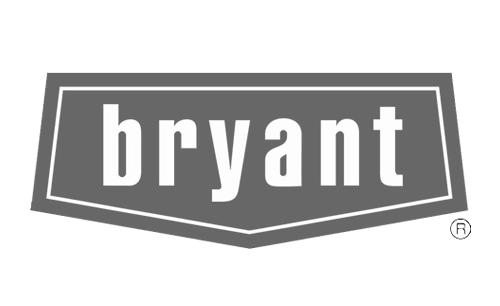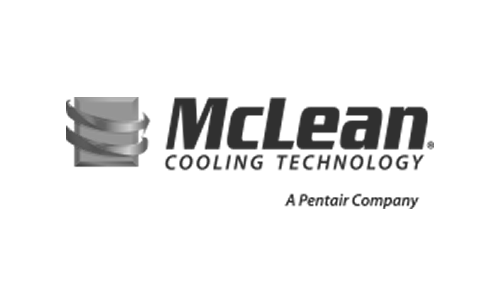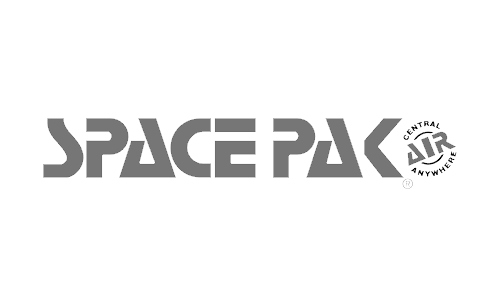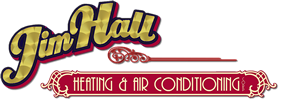Heating Systems
Call Us (718) 948-2456
Heating systems may be classified as central or local. Central heating is often used in cold climates to heat private houses and public buildings. Such a system contains a boiler, furnace, or heat pump to heat water, steam, or air, all in a central location such as a furnace room in a home or a mechanical room in a large building. The system also contains piping or duct-work to distribute the heated fluid, and radiators to transfer this heat to the air. The term radiator in this context is misleading since most heat transfer from the heat exchanger is by convection, not radiation. The radiators may be mounted on walls or buried in the floor to give under-floor heat.
In boiler fed or radiant heating systems, all but the simplest systems have a pump to circulate the water and ensure an equal supply of heat to all the radiators. The heated water can also be fed through another heat exchanger inside a storage cylinder to provide hot running water.
Forced air systems send heated air through duct-work. During warm weather the same duct-work can be reused for air conditioning. The forced air can also be filtered or put through air cleaners. Most ducts cannot fit a human being (as they do in many films) since this would require a greater duct-structural integrity and create a potential security liability.
Heating can also be provided from electric, or resistance heating using a filament that glows hot when you cause electricity to pass through it. This type of heat can be found in electric baseboard heaters, portable electric heaters, and as backup or supplemental heating for heat pump (or reverse heating) system.
The heating elements (radiators or vents) should be located in the coldest part of the room and typically next to the windows to minimize condensation. Popular retail devices that direct vents away from windows to prevent "wasted" heat defeat this design parameter. Drafts contribute more to the subjective feeling of coldness than actual room temperature. Therefore, rather than improving the heating of a room/building, it is often more important to control the air leaks.
How Can We Help You?

Heating System Services

24/7 Emergency Service
We're here to help. Jim Hall HVAC has technicians on call to help when you have an unexpected crisis.
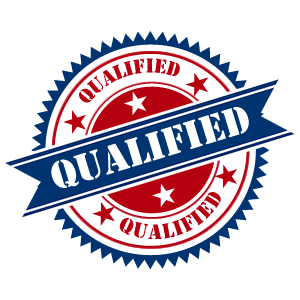
Qualified Technicians
Jim Hall HVAC Technicians are expertly trained in all aspects of heating, cooling, duct-work and air quality systems.
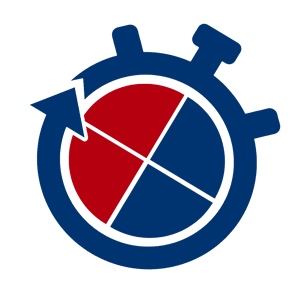
Quick Resolution
Using the latest technology to access your HVAC system helping us solve problems efficiently, saving time & money.
Call Us (718) 948-2456
